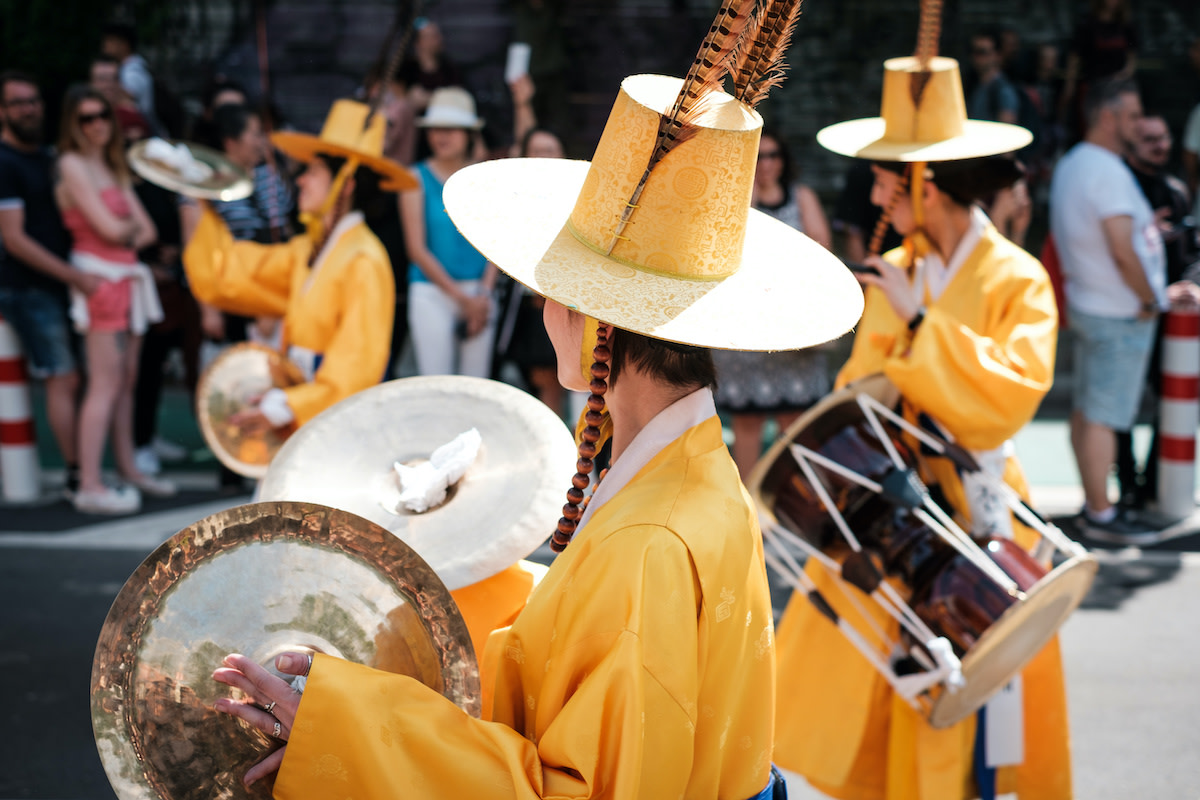Cultural Humility Definition: Improve Your Cultural Competence
Written by MasterClass
Last updated: Nov 13, 2022 • 4 min read
Cultural diversity is the norm rather than the exception in many countries today. As people of different backgrounds live together, it’s important to retain an attitude of humility in learning about others and their cultures. It’s a lifelong process, but keeping a working definition of cultural humility in mind can help target your efforts.
Learn From the Best
What Is Cultural Humility?
Cultural humility is an open-minded attitude when it comes to learning about other people’s cultures—this means learning from the people themselves rather than relying on one's own reading or study.
Healthcare professionals Melanie Tervalon and Jann Murray-Garcia articulated the concept of cultural humility in a paper for the Journal of Health Care for the Poor and Underserved. The two clinicians suggested it was important for a clinician to let each patient speak about their lived experience rather than bring their own biases to the table. They argued this would provide better care and pave the way toward health equity.
Since then, the concept has spread beyond the field of public health to become a catch-all term for supplementing general cultural competence with a willingness to learn directly from people of different backgrounds.
Why Is Cultural Humility Important?
Cultural humility lays the groundwork to address the power imbalances and inequities that people of color, those of marginalized gender identities or sexual orientations, and others of vulnerable groups and socioeconomic statuses face on a daily basis.
While general cultural awareness might help a person attain a substantial degree of cultural sensitivity, there’s a need for constant openness in interacting with those of different races, ethnicities, identities, and social groups. Maintaining this humble attitude helps others feel fully seen, understood, and respected and carves out a path toward greater social justice.
How to Practice Cultural Humility
People of different cultures have a lot to teach one another. Keep these tips in mind as you strive to maintain an attitude of cultural humility in your day-to-day life:
- Ask yourself questions. Start by asking questions about your own life and cultural identity. Think about how you would convey your needs—as both an individual and member of a cultural group—to another person. This sort of self-awareness will help you empathize with and understand people different from yourself, as well as potentially bolster your own mental health and well-being.
- Be curious. Humility and curiosity go hand in hand. Make a lifelong commitment to hearing from people of different cultural backgrounds. Consider the details of their own individual life stories, too. Each interaction with another person, no matter who they are or where they’re from, is an opportunity for a total paradigm shift for the both of you.
- Keep an eye out for unconscious biases. Even the most well-intentioned people can fall into the trap of implicit bias. Take care to realize your own cultural values are not the measure by which you should compare everyone else’s. Everyone has something to bring to the table. As you self-critique your own cultural biases, you better equip yourself to fight against the disparities people of backgrounds different from your own face every day.
- Partner with the other person. Pair your own self-evaluation with input from the other person. In its original context, cultural humility meant encouraging health care providers to listen to the needs of their unique patients, no matter what the clinician might have thought of their background preliminarily. Apply the same concept in your own life. Treat your relationship with any other person as a mutual partnership, helping each other to engage with and understand your cultural differences and similarities. Share your own experiences and listen to theirs, too. Embark on any decision-making as a team.
- Practice active listening. Embrace an attitude of lifelong learning and listening to anchor your cultural humility. If you approach every interaction as a potential intervention—an opportunity to share what you know rather than listen to what someone else can tell you—you run the risk of making another person feel disrespected and disregarded. Use what you learn to lay the groundwork for your advocacy for marginalized groups.
- Supplement with cultural competence. Even though you should refrain from relying totally on your own cultural knowledge, it’s still important to educate yourself as much as possible. Balance cultural competence with humility as your ultimate endpoint. Practice self-reflection to see how you can integrate what you learn from individual people into your worldview.
- Treat individuals with respect and kindness. Cultural humility is an ongoing process of treating every individual you meet with respect and kindness. For example, if you have a social work practice, remember everyone you come in contact with has a story of their own. It’s important to be aware of the difficulties various cultural groups are facing—just remember it’s equally crucial to remember that the endpoint of intersectionality is always a unique person with hopes, dreams, and desires distinct to themselves alone.
Want to Learn How to Be More Empathetic?
Practicing empathy can help you lead more effectively while building stronger relationships across the personal and professional facets of your life. Challenge your perceptions with the MasterClass Annual Membership and take lessons on emotional intelligence from Pharrell Williams, Roxane Gay, Gloria Steinem, Dr. Cornel West, Walter Mosley, Robert Reffkin, and Robin Arzón.
